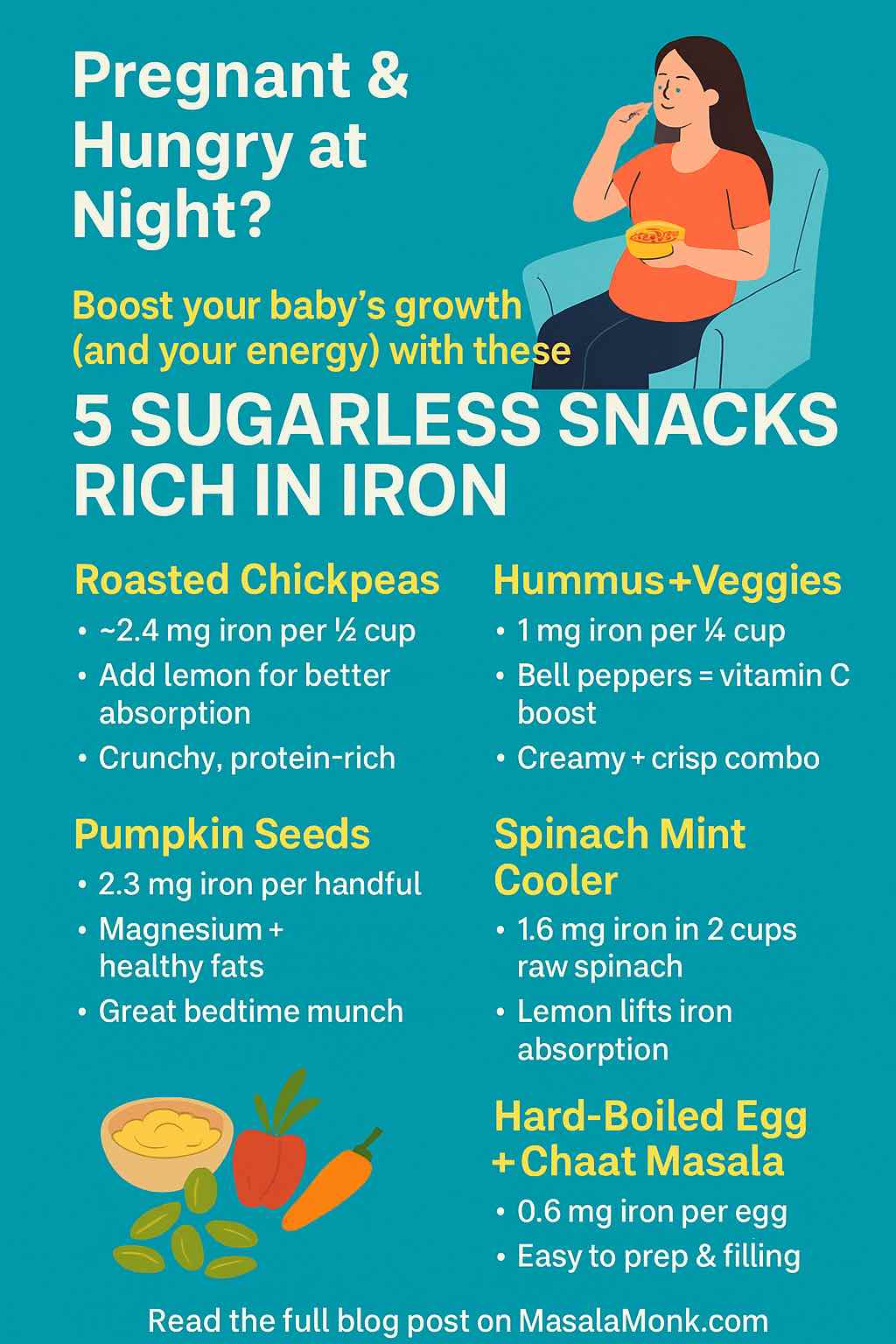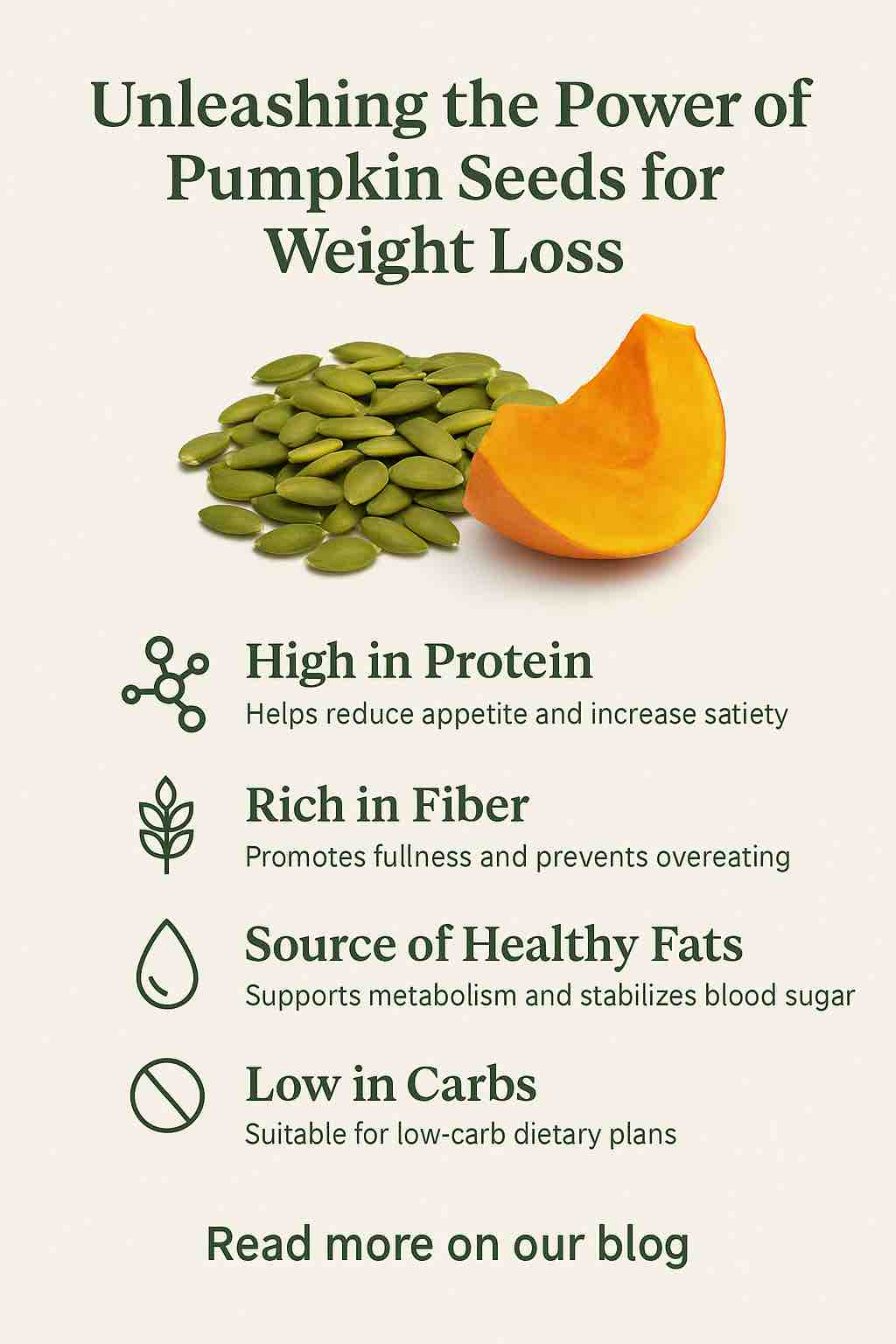
Because pregnancy nights deserve more than plain milk and biscuits.
It’s 10:45 pm. The lights are dim, the day’s chaos has slowed, and you’re finally comfortable — until your belly gives that unmistakable “feed me” signal. During pregnancy, late-night hunger is as real as your baby’s midnight somersaults.
And here’s the thing: these nighttime cravings aren’t just a guilty pleasure — they can be a golden opportunity to top up vital nutrients you might have missed during the day.
One of the most important? Iron.
Why Iron Is Your Midnight Hero During Pregnancy
Your blood volume increases by up to 50% while you’re expecting. That means your body needs more hemoglobin to carry oxygen to you and your baby — and iron is the mineral that makes this possible. Without enough, you risk fatigue, dizziness, or even anemia.
The recommended daily intake during pregnancy is 27 mg of iron. But here’s the twist: many Indian diets rely on plant-based, non-heme iron, which is harder for the body to absorb. That’s why it’s not just about what you eat, but how you eat it — pairing with vitamin C, spacing from calcium, and avoiding tea or coffee close to your iron-rich foods.
💡 Want to dive deeper into the signs, impact, and solutions for low iron during pregnancy? Check out our detailed guide: Anemia in Pregnancy: Impact and Solutions.
The Perfect Late-Night Snack Formula
For a night snack that’s both satisfying and strategic, aim for:
- Naturally low in sugar (no unwanted blood sugar spikes before bed)
- Iron-rich (both plant and animal sources)
- Paired with vitamin C to help your body absorb it
- Easy to prepare when you’re tired and your feet are up
With that in mind, here are five sugarless, iron-rich snacks you can enjoy guilt-free at night.
1. Roasted Chickpeas (Bhunā Chana)
Iron content: ~2.4 mg per ½ cup cooked (~9% of your daily pregnancy needs)
There’s a reason bhunā chana has been a household staple in India for generations — it’s cheap, portable, and incredibly nutrient-dense. The crunch satisfies the craving for something snacky, while each bite delivers protein, fiber, and a decent hit of iron.
💡 Absorption tip: Squeeze some fresh lemon juice before eating — the vitamin C will help you pull more iron from each bite.
And if you want more protein-packed, sugar-free snack ideas like this, we’ve got a whole list in 5 Sugar-Free, Protein-Packed Snacks for Your Pregnancy Nights.
2. Hummus with Raw Veggie Sticks
Iron content: ~1 mg per ¼ cup hummus (varies by recipe)
Creamy hummus paired with crisp raw veggies isn’t just Instagram-worthy — it’s functional pregnancy fuel. Chickpeas and tahini in the hummus offer iron, while vitamin C-rich veggies like red or yellow bell peppers multiply absorption.
🥗 Prep tip: Make a big batch of hummus on Sunday and store pre-cut veggies in airtight containers. This way, your 11 pm snack takes less than 2 minutes to assemble.
Want more ideas for low-sugar vitamin C foods to pair with your snacks? Here’s a ready list: 8 Fruits Low in Sugar That Are Sweet for Your Health.
3. Pumpkin Seeds (Kaddū ke Bīj)
Iron content: ~2.3 mg per 28 g (~8.5% of daily needs)
These tiny green kernels are pure nutritional powerhouses — iron, magnesium, zinc, healthy fats, and protein in a single handful.
🌿 Flavor twist: Lightly dry roast with cumin seeds and a pinch of pink salt for an earthy, savoury finish.
Also Read: The Benefits of Pumpkin Seeds for Weight Loss and Blood Sugar Control
4. Spinach (Palak) Mint Cooler
Iron content: ~1.6 mg in 2 cups raw spinach
Spinach gets its “iron-rich” reputation for a reason — but here’s the truth: it’s high in oxalates, which bind to iron and make it harder to absorb. Pairing it with vitamin C-rich foods like lemon or capsicum fixes this problem.
🍃 Night-friendly recipe:
Blend fresh spinach leaves, mint, chilled water, a pinch of kala namak, and a generous squeeze of lemon. The result? A refreshing, hydrating, and gentle-on-the-stomach bedtime cooler.
If smoothies are more your style, don’t miss our Iron-Enriched Smoothies with Spinach & Apple for more creative drinkable options.
5. Hard-Boiled Egg with Chaat Masala
Iron content: ~0.6 mg per large egg
Sometimes, the simplest snacks are the most satisfying. A hard-boiled egg is rich in protein and contains a modest but valuable dose of heme iron — the type your body absorbs most easily.
🥚 Flavor boost: Sprinkle with chaat masala and lemon juice. Add a few slices of tomato or bell pepper for that vitamin C kick.
Non-vegetarian and want more variety? Explore our Iron-Rich Snack Ideas: Energizing Chicken & Quinoa Combos.
Real Moms, Real Snacks: Late-Night Iron Wins
These aren’t just theory — here’s what expecting moms are actually saying:
“Gentle iron supplements upset my stomach unless I take them with food. Roasted chana with lemon has been my lifesaver!” — Ananya, 32 weeks
“Trail mix with pumpkin seeds and a few raisins is my go-to at 11 pm — I keep it by my bed.” — Ritika, 24 weeks
“I cook spinach into my eggs at night — tastes great and feels comforting before sleep.” — Priya, 28 weeks
How to Maximize Your Nighttime Iron Uptake
- ✅ Pair with vitamin C: Lemon, guava, bell pepper, or even kiwi can work wonders.
- ❌ Avoid blockers: Tea, coffee, and calcium-rich dairy close to your iron snack can reduce absorption.
- 🥗 Mix sources: Combine plant-based (non-heme) and animal-based (heme) iron across your day.
- 💧 Hydrate: Iron moves better in the body when you’re well-hydrated.
For more recipe inspiration that combines iron with other pregnancy-friendly nutrients like folate, see Boosting Folate in Pregnancy: Top 5 Lentil and Bean Dishes.
The Final Word
Pregnancy nights don’t have to be a battle between indulgence and health. With these five sugarless, iron-rich snacks, you can feed your late-night hunger and nourish your baby at the same time.
The next time you’re up at 10:30 pm with a rumbling belly, reach for a bowl of lemony roasted chana, a handful of pumpkin seeds, or a refreshing spinach cooler — your body (and your baby) will thank you.










